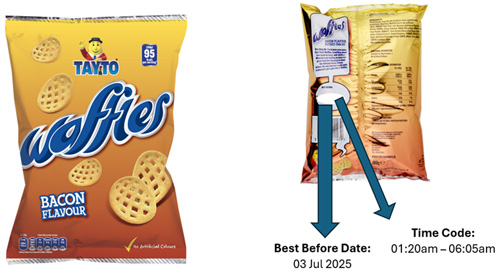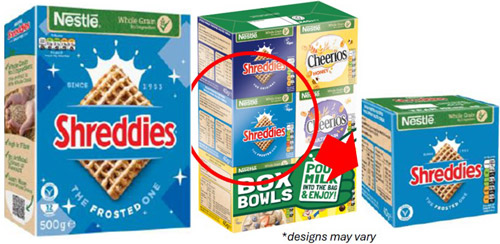Launch Of New Domestic, Sexual and Gender-Based Violence Awareness Raising Campaign.
- National campaign that places survivors and victims centre stage to be launched.
- First awareness-raising campaign from Cuan, the DSGBV Agency, aiming to empower people to tell their stories.
A powerful new campaign to raise awareness of domestic and sexual violence, focusing on the importance of victims and survivors telling their story, is being launched today.
‘Hardest Stories’ is the first national awareness-raising campaign by Cuan, the Domestic, Sexual and Gender-Based Violence (DSGBV) Agency.
The campaign, with a tag-line of ‘The stories that are hardest to tell need to be told’, aims to shine a light on particular stories of violence, while acknowledging that too many of these stories exist, and to empower people to tell their own personal story.
Both domestic violence and sexual violence are crimes that have traditionally been under-reported, and significant work is being done to increase reporting, including through awareness campaigns.
The campaign is centred on two television adverts, both of which provide a snapshot into what the survivor remembers of the abuse that they themselves suffered; how they felt, and how they continue to feel.
Further assets, which will run across radio and digital channels, will feature more stories from men, women, and the LGBT+ community. They are stories of harassment, abuse, rape and stories of violence.
While the stories are difficult to tell and to hear; the intention behind the campaign is to encourage and empower people to come forward.
In addition to raising the importance of these stories, the campaign calls on the public to take an active role in tackling DSGBV and provides information on how to support someone who is a victim or survivor; on what signs to look out for, and on how they can use their voice to make change happen.
Dr. Stephanie O’Keeffe, (CEO of Cuan), said, “Centring the experience of victims and survivors of DSGBV is at the heart the values we bring to our work in Cuan. This is why we felt that our Agency’s first public awareness campaign should bring this experience centre-stage. The overarching message of the campaign is that Domestic, Sexual and Gender-Based Violence is prevalent in Irish society, however it is often hidden or ignored. With this campaign we hope to raise awareness of domestic and sexual violence within our society, encourage victims and survivors not to suffer in silence and to recognise that by telling their story they can reclaim their power.”
The campaign will run across TV; national and local radio; in press; digital and social media; in cinemas; on billboards and digital screens, throughout Ireland from Thursday February 27th.
The ‘Hardest Stories’ campaign website can be found LINKED HERE
NOTE: Details of Local Support Services available in Co. Tipperary can be found HERE.
Cuan Saor Refuge Locations In Tipperary:
Clonmel: Helpline Number 1800 57 67 57 or Email support@cuansaor.org.
Roscrea: Helpline Number 0505 23999 or Email ascend@ntdc.ie.
Services Provided: Include Refuge Accomodation, Helpline, Support and Information, One to One Support, Counselling, Outreach, Court Accompaniment, Training and Awareness-raising, Child and Family Support.






Recent Comments